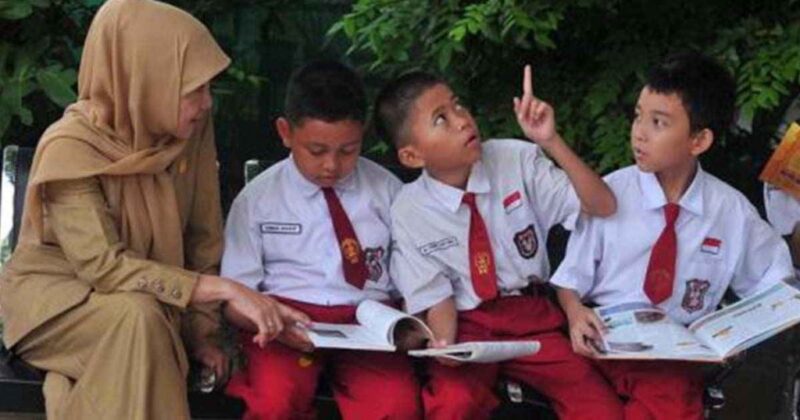Facing the Challenges of Multiculturalism in Global Education – Global education in this modern era is faced with increasingly complex challenges, especially in terms of multiculturalism. In an increasingly connected and globalized world, differences in culture, religion, and ethnic background are becoming an unavoidable reality. Therefore, facing the challenges of multiculturalism in global education is important to build an inclusive, harmonious and civilized society.
The challenges of multiculturalism in global education
include various aspects that must be considered carefully. First, it is important for educational institutions to recognize cultural diversity as a valuable wealth and resource. This recognition will help promote respect for cultural diversity and build awareness of diverse perspectives in education.
Second, educational institutions need to develop a curriculum that includes an understanding of cultural diversity. Through an inclusive curriculum, students can learn about different cultures, religions and ethnic backgrounds in a way that respects and values differences. This will help create awareness of equal rights and avoid prejudice and discrimination.
In addition, global education must also encourage intercultural dialogue. Organizing activities or programs that facilitate the exchange of thoughts and experiences between students from different cultural backgrounds will help overcome stereotypes and prejudices that may arise. This intercultural dialogue will enrich students’ understanding of the complex world and teach them the skills to communicate effectively with people from different cultural backgrounds.
In addition, teachers have an important role in facing the challenges of multiculturalism in global education. Teachers need to be equipped with the necessary knowledge and skills to teach in a multicultural environment. They must be able to create a safe, inclusive and non-biased learning environment, where every student feels welcome and respected.
The challenges of multiculturalism in global education also require collaboration between educational institutions, government and society. This collaboration is important to create educational policies and programs that support multiculturalism and overcome obstacles that may arise. In addition, involving parents and families in education is also important to build awareness and respect for cultural diversity.
In facing the challenges of multiculturalism in global education, it is important for us to strengthen universal values such as tolerance, mutual understanding and equal rights. We must build a society that respects and values differences in culture, religion, and ethnic background. Only in this way can we create an inclusive, harmonious and civilized global education.
In conclusion, facing the challenges of multiculturalism in global education is not an easy task. However, with the right approach, recognition of cultural diversity, inclusive curriculum development, intercultural dialogue, a strong teacher role, good collaboration, and strengthening of universal values, we can overcome this challenge. Thus, we can build an inclusive, harmonious and civilized society in this increasingly complex era of global education.
